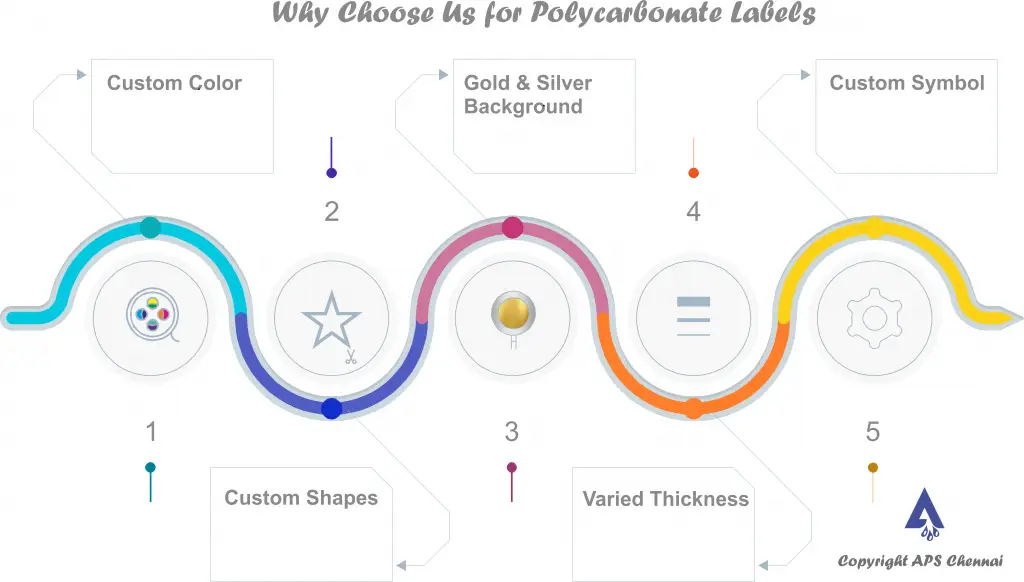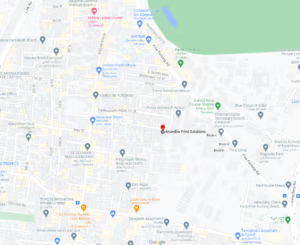Polycarbonate stickers manufacturer
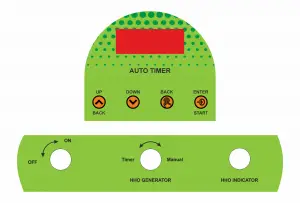
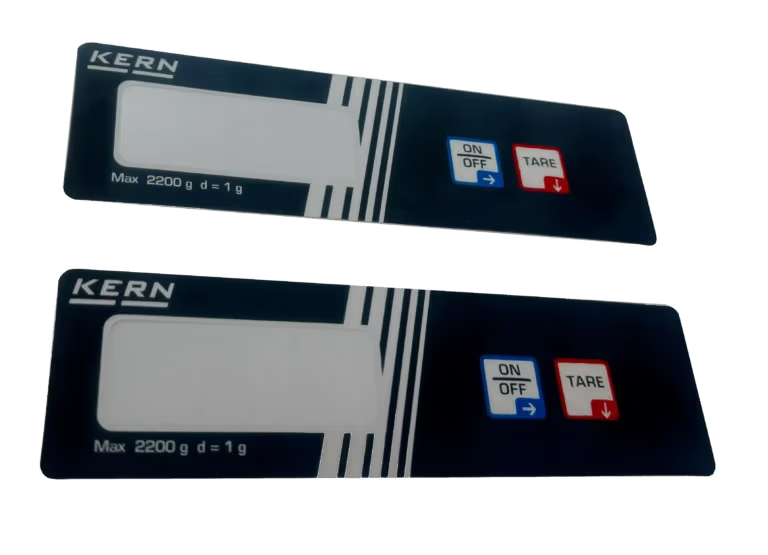
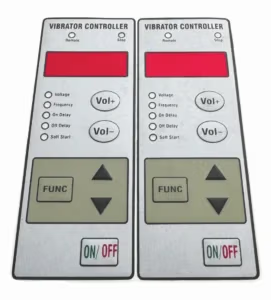
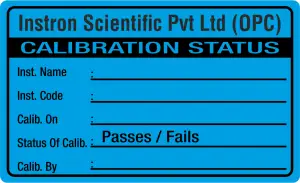
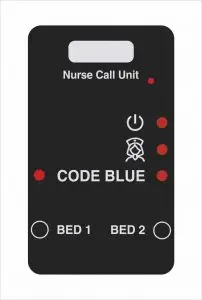
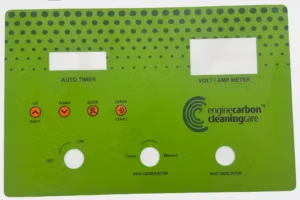
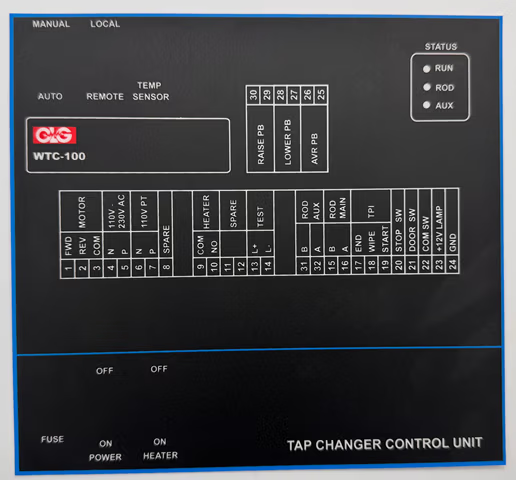
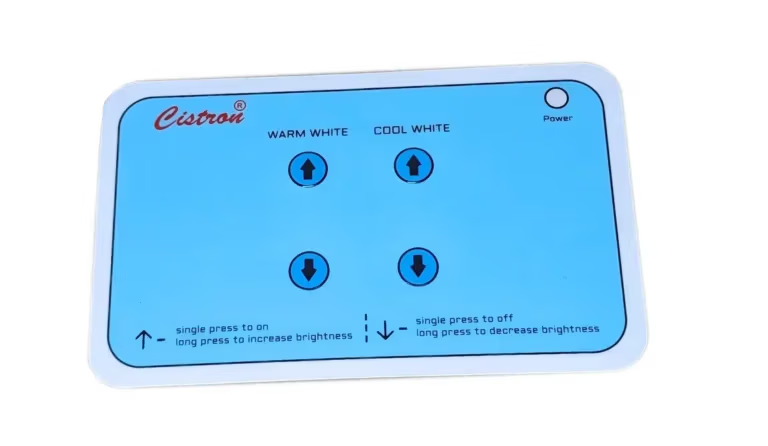
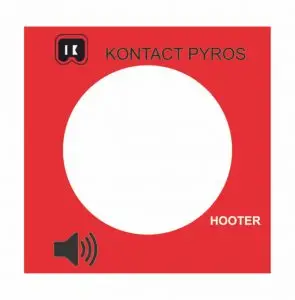
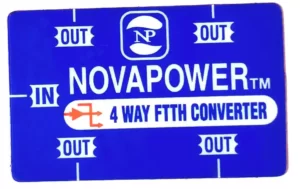
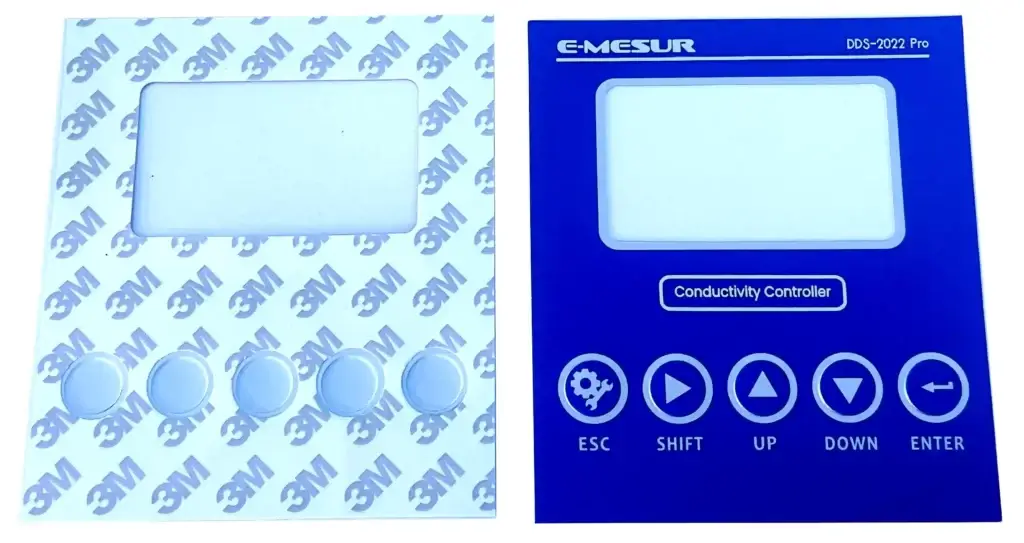
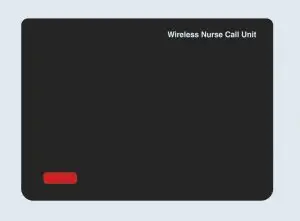
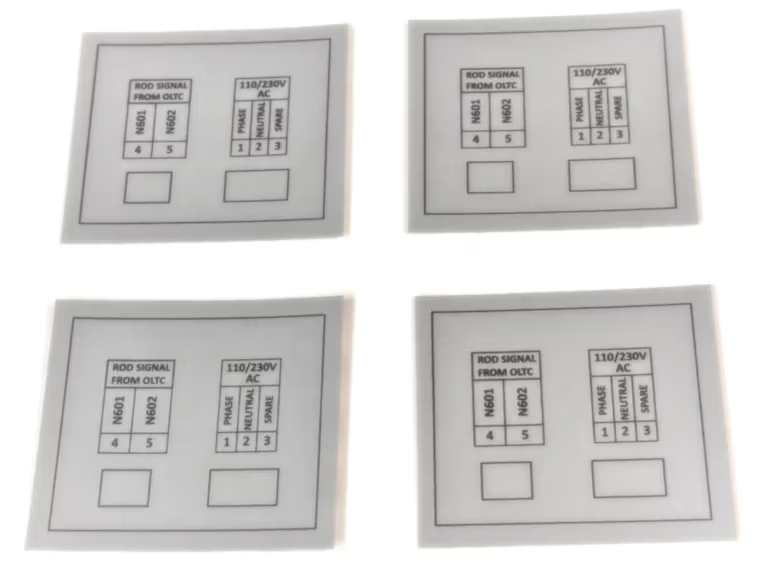
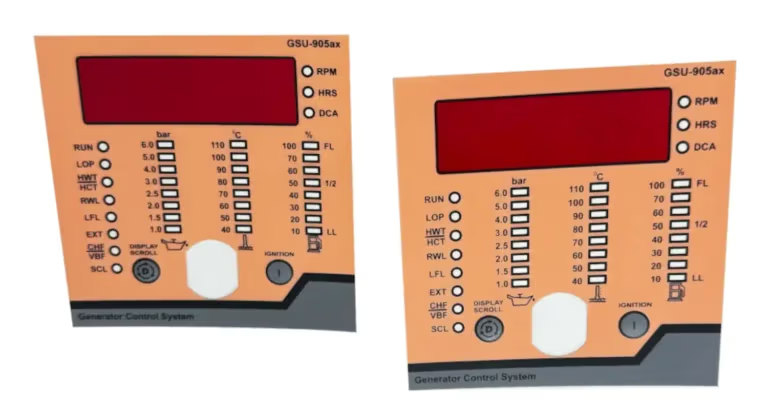
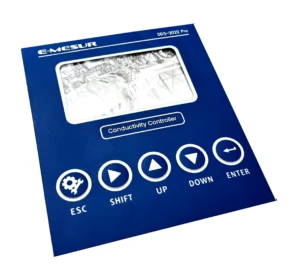

Are you scouting for the best type of sticker material to print your labels and designs? You might want to consider using Polycarbonate stickers. This kind of material can withstand harsh conditions and elements so it can definitely last for a much longer time, thus giving you the best value for money.
Polycarbonate sticker printing requirements have definitely gained popularity in a wide range of manufacturing units all over the world. Apart from its tried and tested durability and high resistance, it is also known as a superior insulator, thus it is totally safe to be attached to high heat materials.
What exactly are polycarbonate stickers?
Polycarbonate sticker is a high-quality material that has the ability to resist harsh environments and does not easily come off despite being exposed to high heat conditions. Polycarbonate sheets typically range in thickness from 0.125 mm to 2.5 mm. Due to its high level of physical and thermal properties, many manufacturers recommend this type of sticker for labels that are mostly exposed outdoors and are more prone to extreme weather conditions. We at aps are polycarbonate stickers manufacturers in Chennai surrounded with factories and manufacturing organization require these material for various application purposes.
What are the different textures used in Polycarbonate Labels?
Depending on where you intend to use Polycarbonate labels, you may choose from the different textures that it usually comes in. These are as follows:
Front Texture | Back/Printed Texture |
Velvet | Polished |
Brushed | Polished |
Polished | Fine Matte |
Polished | Matte |
Polished | Polished |
Suede | Matte |
Polycarbonate Pc Sticker Grades Used in the Label Industry?
Polycarbonate Grades Used in the Label Industry
In the label and graphic arts industry, different grades of polycarbonate film are selected based on the application’s durability, printability, and environmental exposure. The most commonly used grades include:
1. General-Purpose PC Film
These are clear or matte/gloss films ideal for screen and digital printing. They offer good ink adhesion and are used for indoor labels and overlays.
2. Hard-Coated Film
This grade includes a protective top layer that provides excellent scratch resistance and chemical resistance. It is often used in control panels and membrane switches, where tactile use is frequent.
3. Flame-Retardant PC Film (UL 94 V-0 Rated)
Used in electronics labeling, this grade meets stringent safety regulations for flame resistance while maintaining electrical insulation properties.
4. Weatherable or UV-Resistant PC Film
Specially formulated for outdoor applications, this grade resists yellowing and degradation due to UV exposure, making it ideal for signage and outdoor labels.
5. Textured Polycarbonate Film
This film has a velvet, matte, or brushed finish that hides scratches and fingerprints. This material is frequently chosen for appliance nameplates and graphic interface panels.
Process Behind Making of Polycarbonate Films?
Polycarbonate films are made using a process that starts with small plastic pellets, known as polycarbonate resin. These pellets are created using a material called bisphenol A (BPA). To begin the process, the pellets are melted at high temperatures, usually between 250°C and 300°C, in a machine called an extruder.
Once melted, the liquid plastic is pushed through a flat-shaped mold, also called a die, to create a thin sheet. The sheet then moves through a series of rollers that shape it to the required thickness and give it the desired surface texture or finish. Depending on the requirement, the surface can be made glossy, matte, or textured.
In some cases—especially when very clear or precise films are needed—a different method called casting is used. This process helps achieve better clarity and tighter control over film thickness than calendaring.
After forming, the film is cooled, cut to size, and rolled up for storage or further processing. Sometimes, special coatings are added to the film’s surface. These may include scratch-resistant coatings, printable layers, or adhesive backings to make the film easier to print on or stick to surfaces.
Throughout the process, quality control checks are done to make sure the film has a uniform thickness, clear appearance, proper color, and strong physical properties. This ensures the final product is consistent and ready for industrial or commercial use.
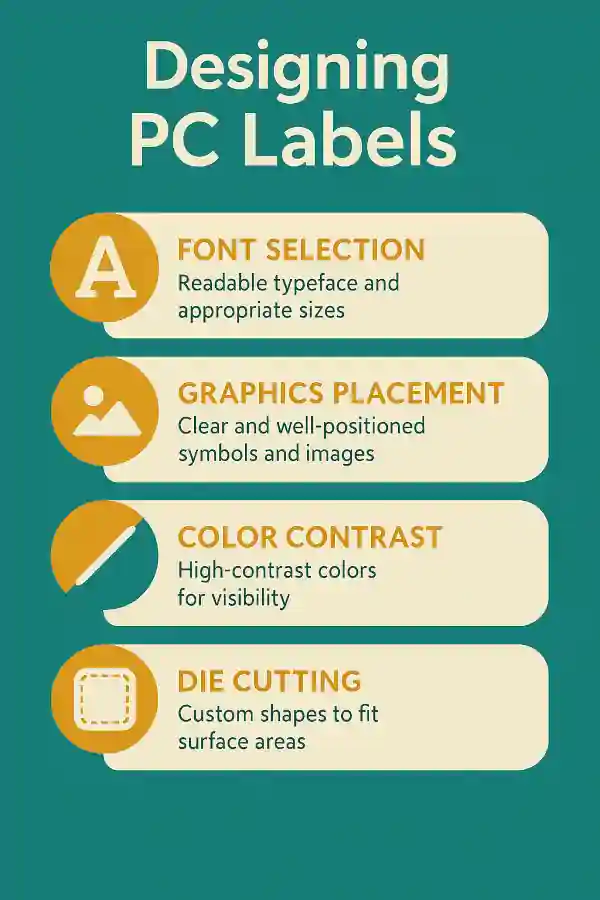
3 Ways of Designing PC Labels or Precision and Customization
Creating the right polycarbonate label starts with a good design. There are three common ways to design a label based on the shape and type of the product it will be used on.
1. Scanning the Object
The first method is scanning the actual part or surface where the label needs to be applied. This helps capture the size, shape, and position of openings or buttons. Once scanned, a design is prepared using software to match the product exactly. This is one of the easiest ways to get an accurate fit for your PC label.
2. Using Transparent Paper for Tracing
If scanning isn’t possible, transparent paper can be placed directly on the item. The outlines of the display, holes, and edges are traced manually. This traced sheet is then used to create a digital version of the label. It works well for unique shapes or one-of-a-kind products.
3. Customer-Provided Sketch or Drawing
Sometimes customers provide their own drawings or outlines. We use these customer drawings as a base for the final PC label design. Adjustments can be made if needed to fit printing and cutting needs. This is helpful when exact details are already known.
Each of these methods makes it easy to design a strong, reliable label that fits perfectly. Whether it’s for machines, panels, or custom equipment, these labels offer great clarity and durability.
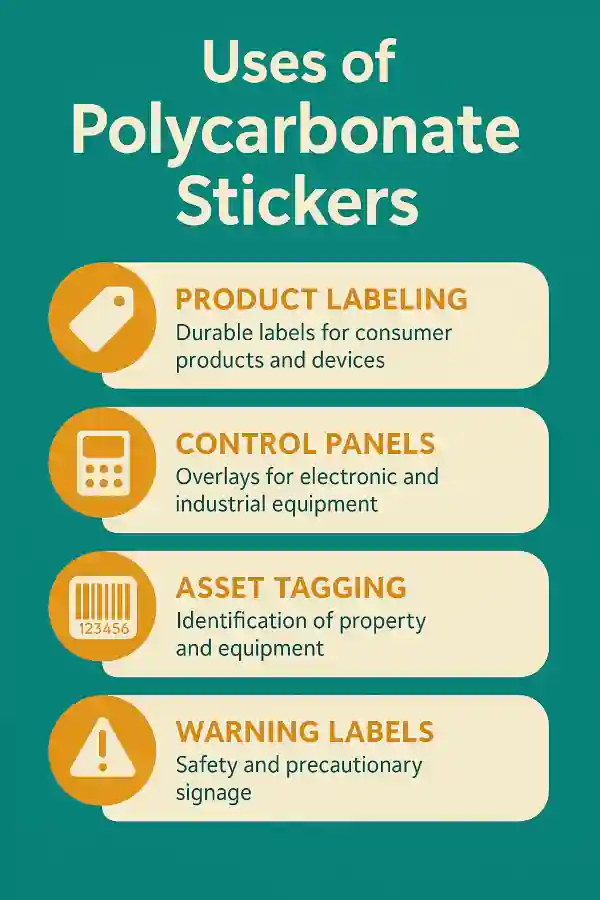
12 unique and unusual use of Polycarbonate Labels
With its proven durability and powerful adhesive, polycarbonate stickers are widely used in many factories and companies today, primarily in printing labels for various kinds of products such as but not limited to:
- Barcode labels
- Machinery
- Panelboards
- Automotive
- Hazard and caution labels
- Keypads
- Speedometers
- Home appliances
- Nameplates
- Digital and electronic labels
- Insulator
- Waterproof labels
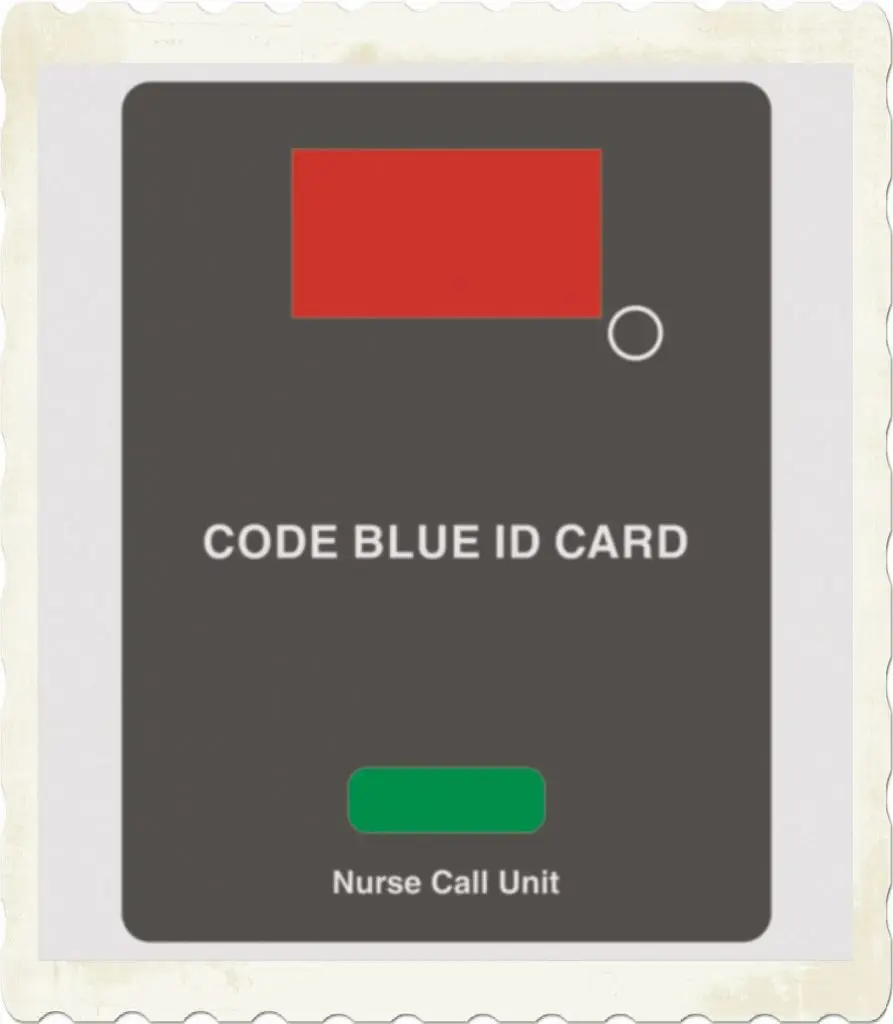
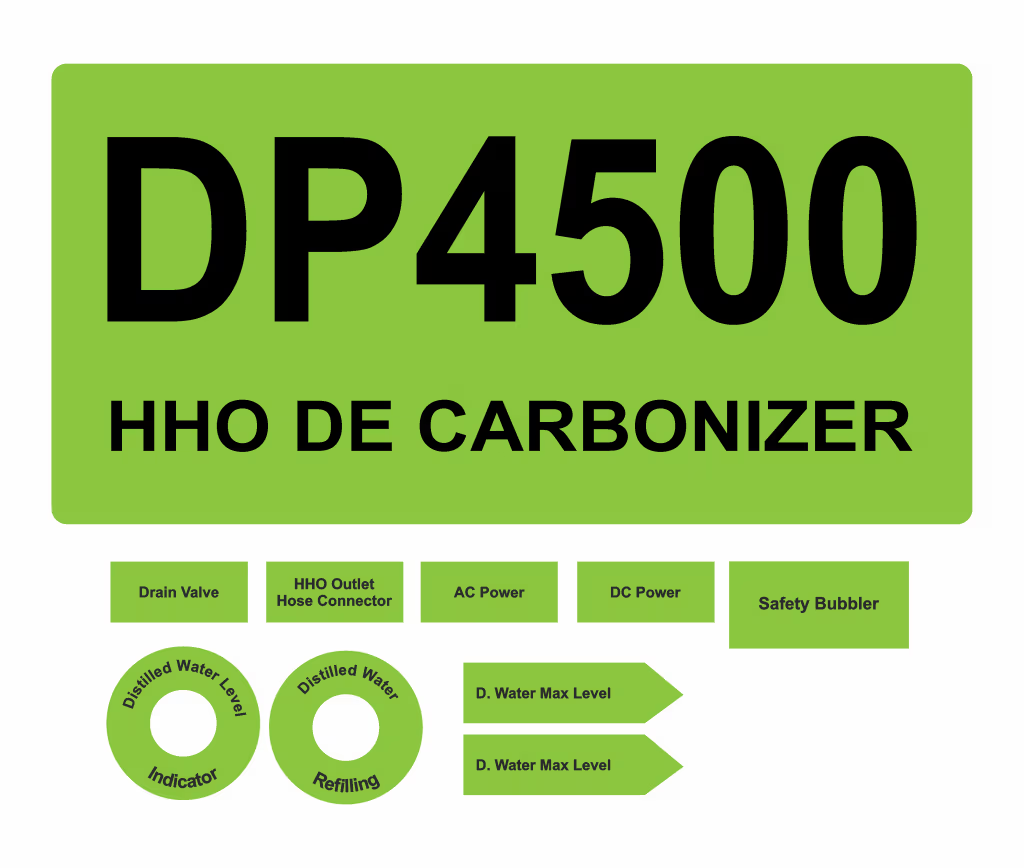
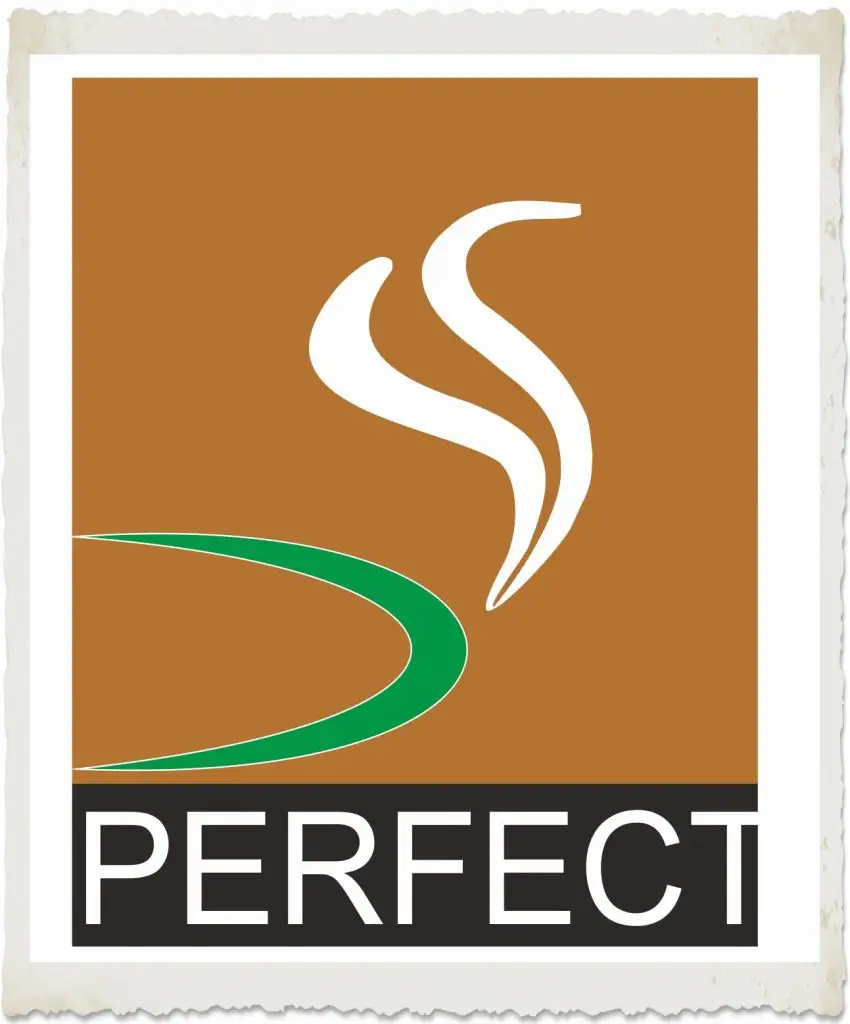
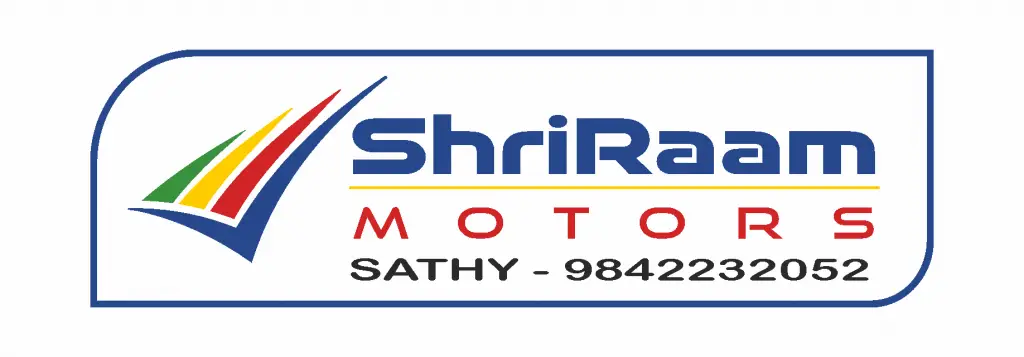
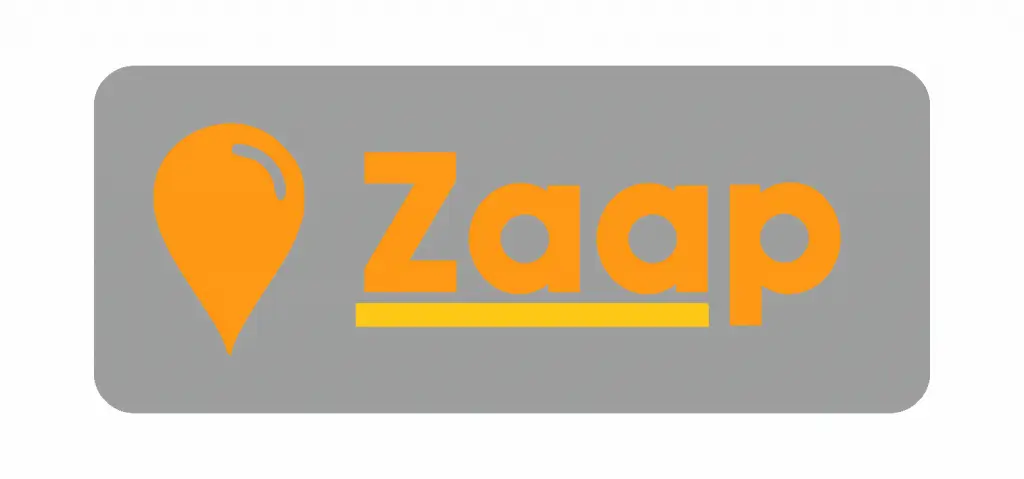
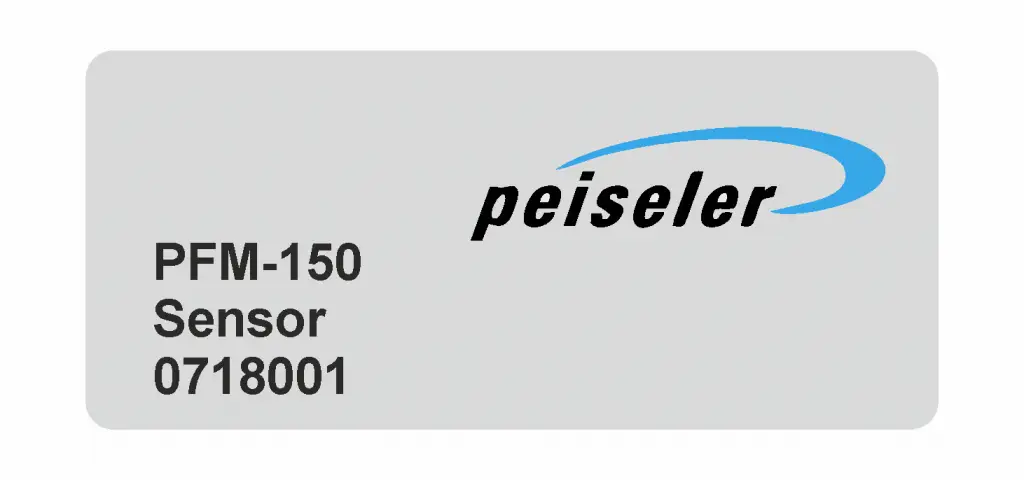
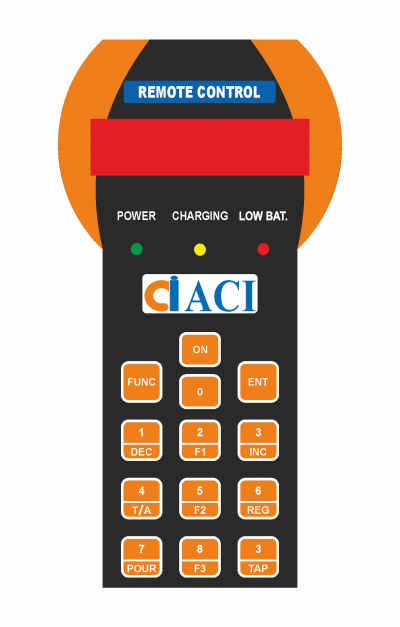
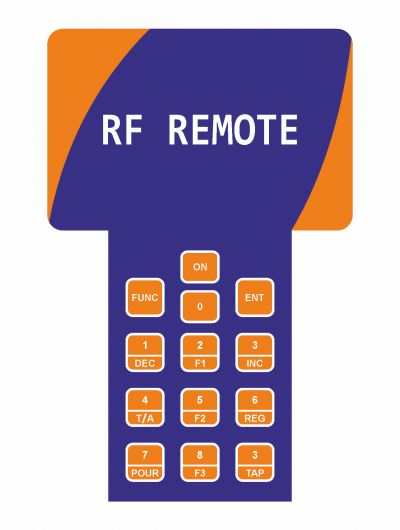
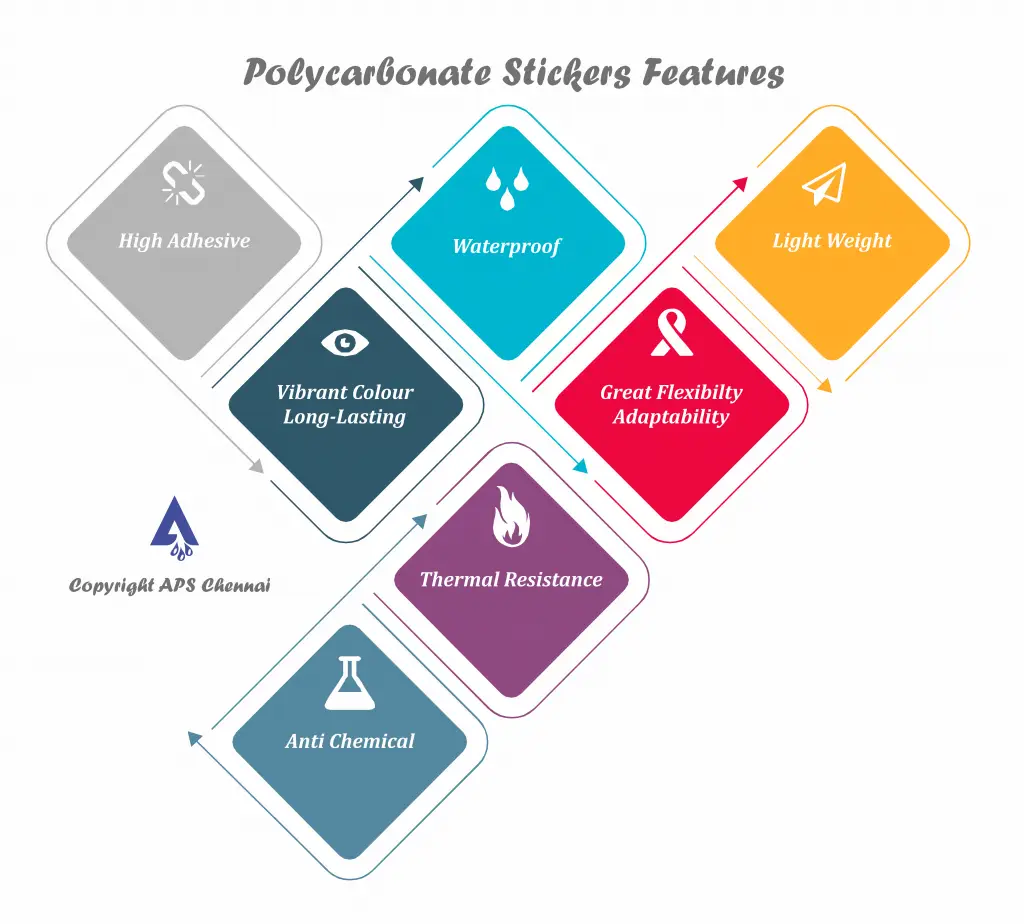
6 Great exceptional features of polycarbonate stickers?
Compared to other types of stickers, polycarbonate labels surely have very notable features that easily make it your best choice especially when designing labels for a wide range of products, both heavy-duty and lightweight.
- High adhesive
These stickers are proven to be very resistant and do not easily come off despite being exposed to extreme heat or cold for a long period of time. Strong adhesive is embedded to enhance more life. It is also notable tear-resistant which is ideal as per industry standards.
- Posses bright and long-lasting color
Another reason why they are preferred to be used as labels is that it possesses bright and long-lasting colors that are easily recognizable by people. Designs are also given justice when printed on this type of sticker due to its smooth surface finish.
- Waterproof and low moisture absorption
One of the reasons why a sticker easily comes off is because it does not have the ability to resist water and moisture. Fortunately, with custom polycarbonate labels, you do not have to worry about any of this as it is made to resist water damage. So, you are free to display your labels outdoors as the rain cannot definitely tear them down.
- Great flexibility and adaptability
Due to their high thermal property and high-performance materials, They are known for their ability to conform to any type of shape of a product. Whether it is a flat, curved, round, or uneven surface, this sticker is highly adaptable. It can be used against various possible outcomes.
- Lightweight
Despite it being an extremely durable material that is resistant to almost any type of damaging elements, they are surprisingly lightweight compared to other sticker materials.
- Anti-Chemical Values:
It shows good chemical stability towards acids, hydro-carbons, spirits, lubricants & waxes. It is delicate to caustic alkaline cleansers,
Polycarbonate sticker chemical compatibility chart
7. Thermal impedance:
It shows great resistance to heat. They can withstand temperatures of 135 deg. Celsius with ease.
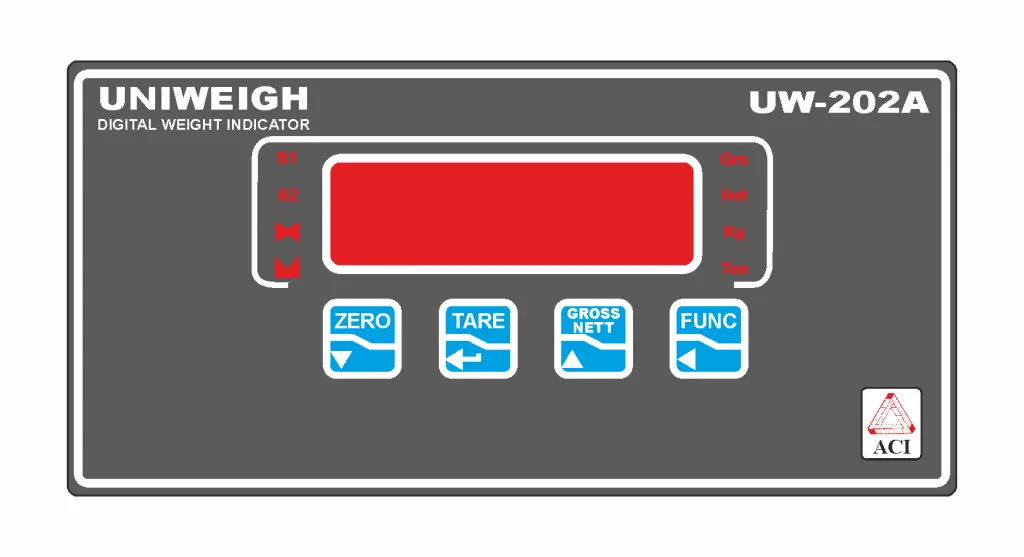
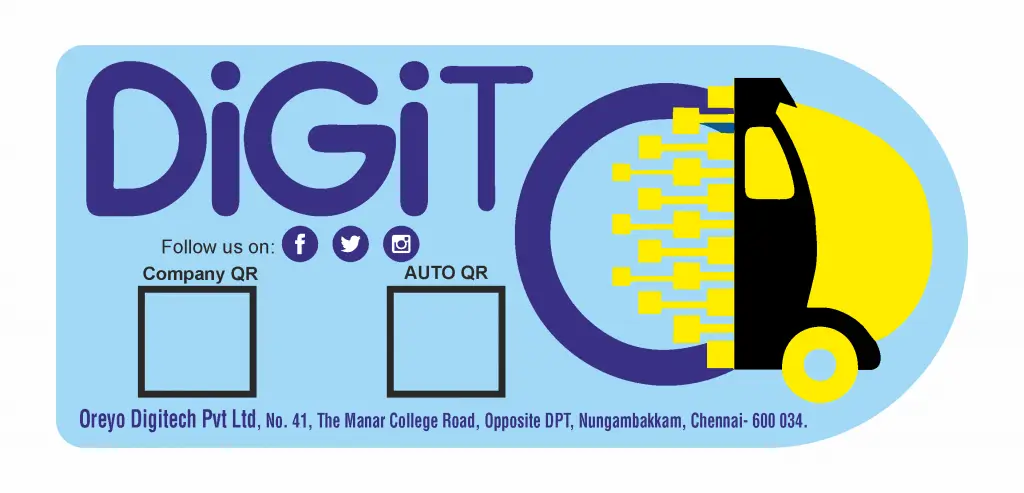
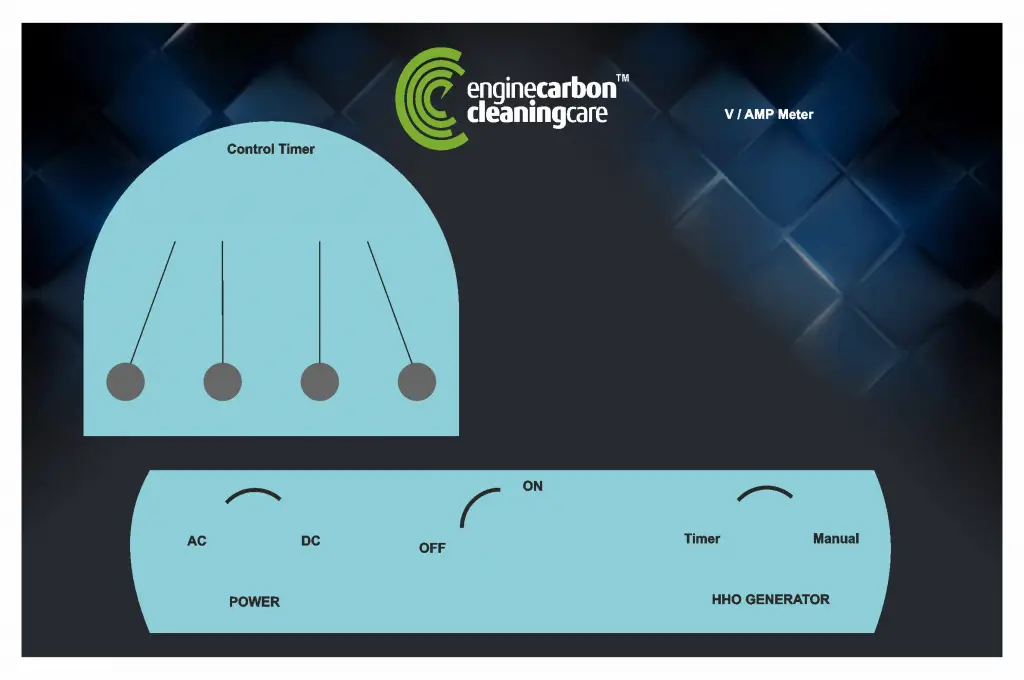
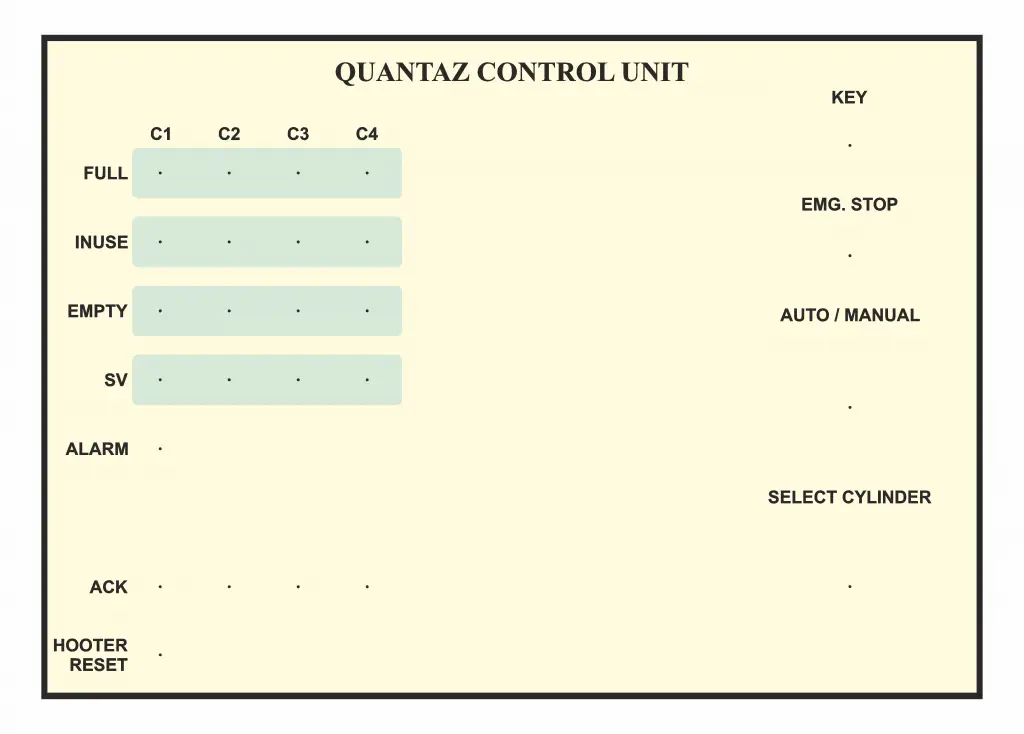
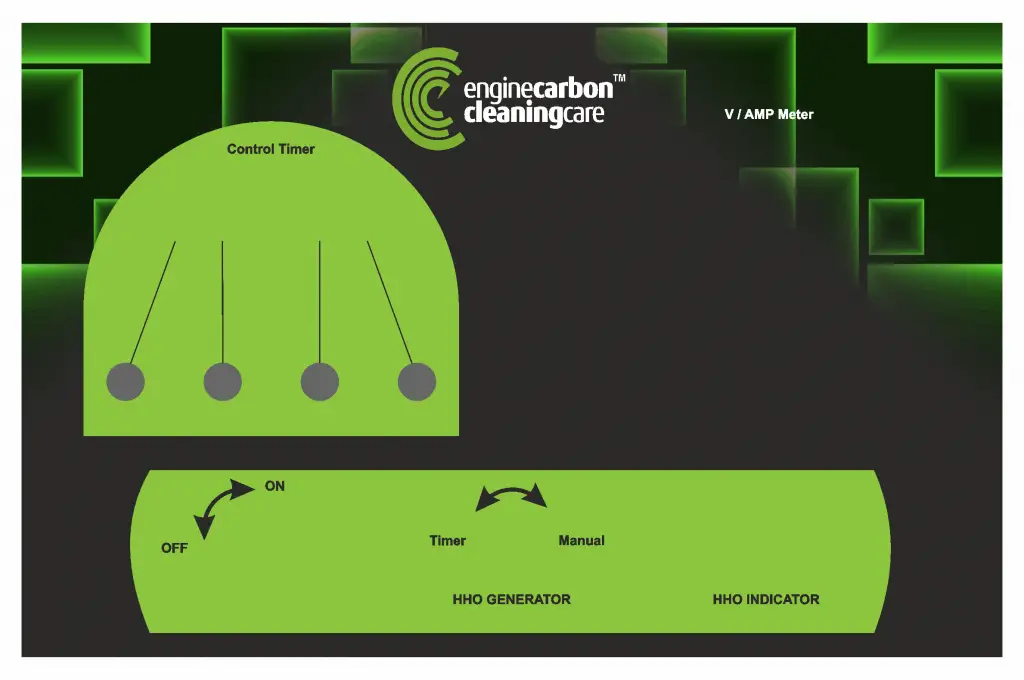
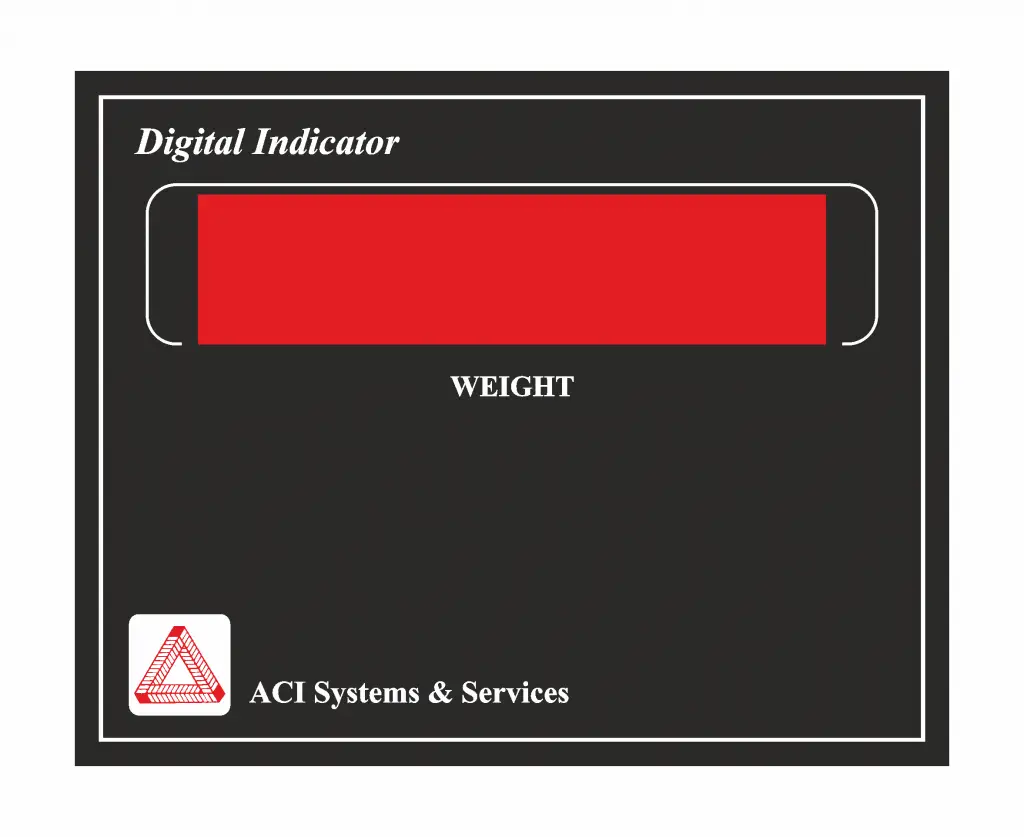
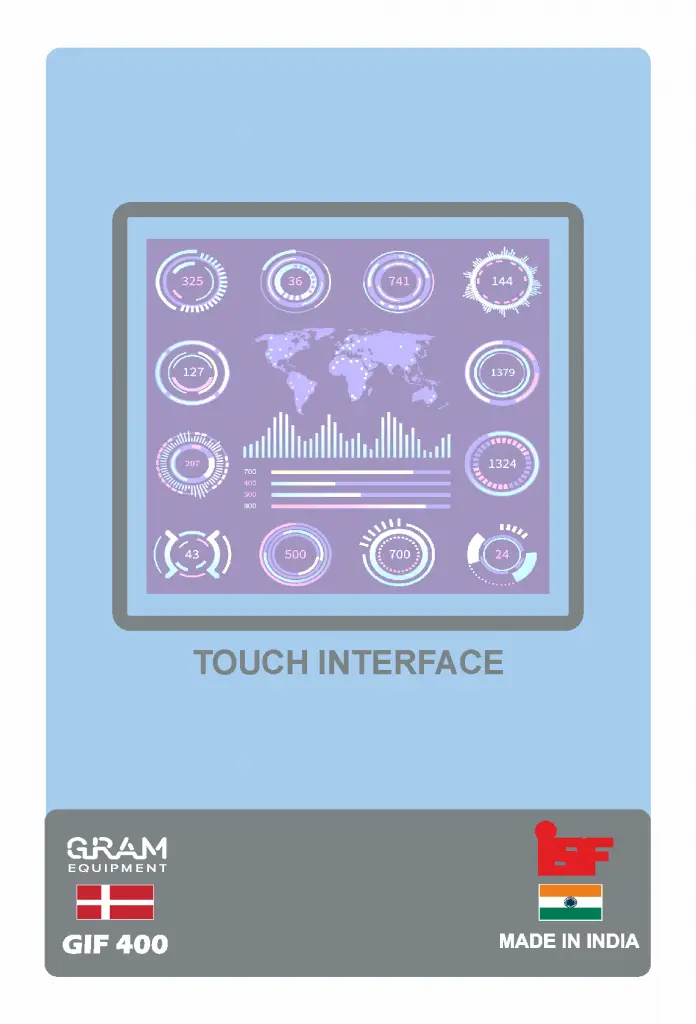
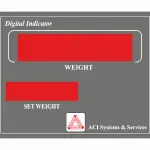
Polycarbonate sticker printing
Polycarbonate sticker printing is on the rear side of the substrate. The Pc material attracts dust particles in the air and it becomes difficult to give a sharp print finish. These labels come up in a cleanroom environment to avoid fine particles. We use specialized inks with vibrant colours to bring the best output. Inks pass through all parameters and are resistant to any conditions prevailing. The chemicals used in the inks melt the pc substrate and merge accordingly. The pc stickers are printed using semi-automatic screen printing machines. Thus, ensuring uniformity between an entire lot of labels.
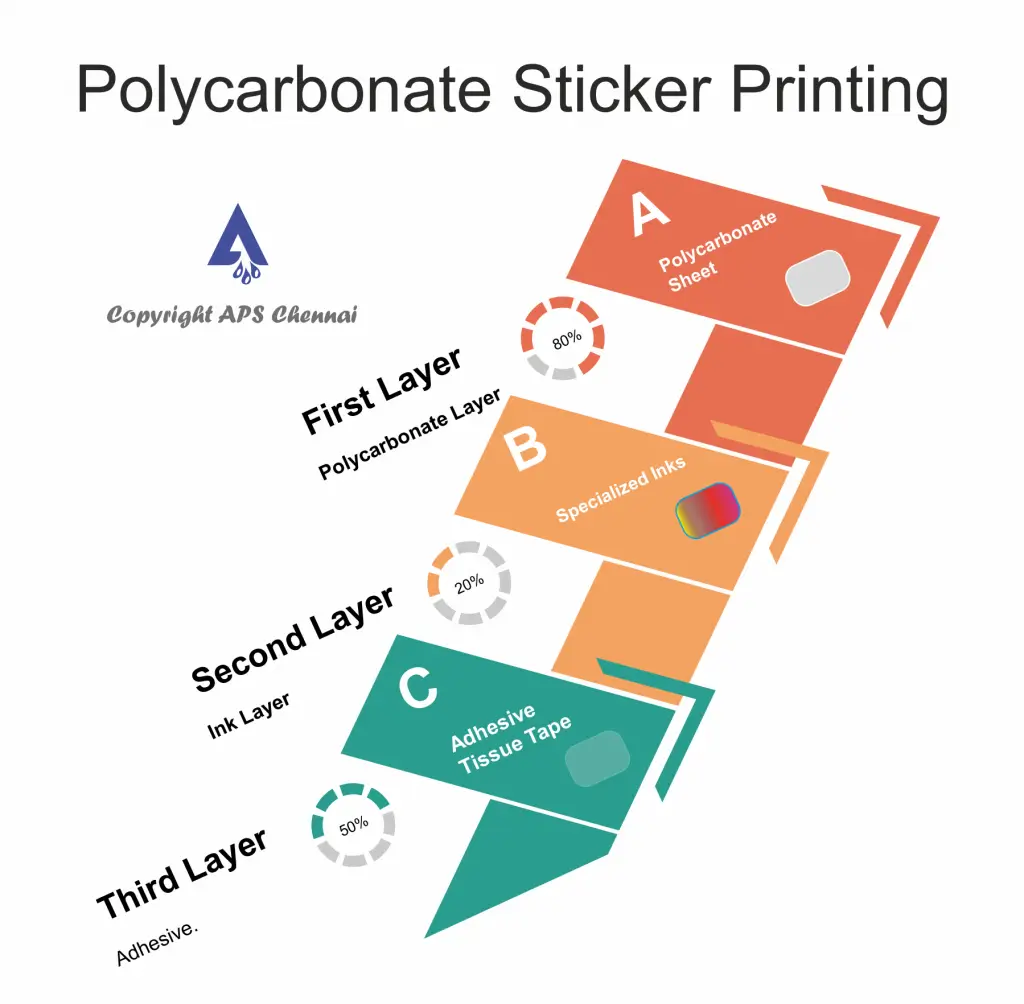
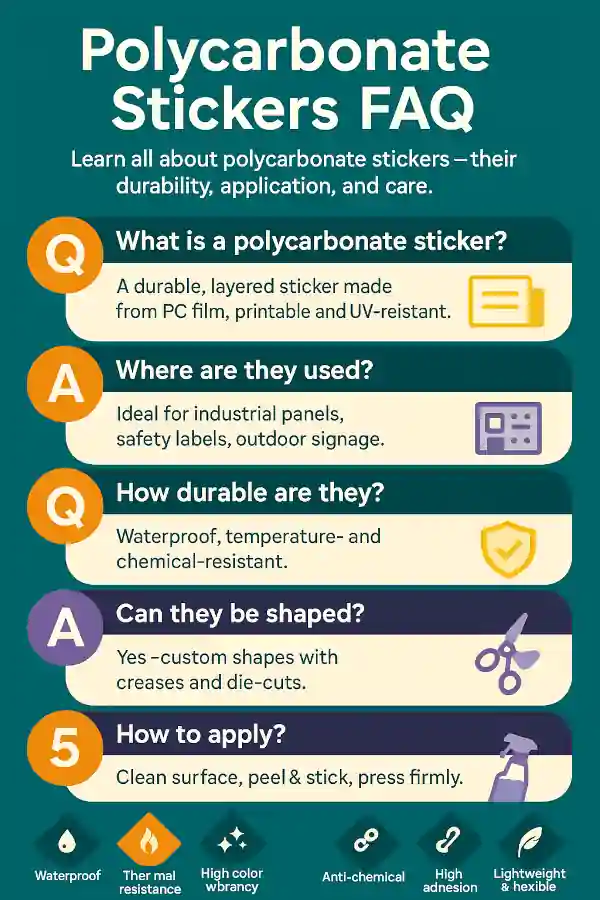
Frequently Asked Questions on Polycarbonate Stickers
- What makes them different from regular stickers?
They offer superior heat resistance, chemical resistance, and long-term clarity compared to paper or vinyl stickers. - Where are polycarbonate labels commonly used?
Used in control panels, medical equipment, electronics, industrial nameplates, and branding overlays. - Are they weatherproof?
Yes, they withstand rain, sunlight, dust, and humidity, making them ideal for both indoor and outdoor use. - Can polycarbonate stickers handle high temperatures?
They resist temperatures up to 120°C, making them suitable for heat-prone environments. - Are these stickers UV-resistant?
Yes. With UV coating, they resist yellowing and fading even under sunlight. - Do they support transparent or cutout windows?
Yes. Transparent and semi-transparent display windows can be integrated for LCD or LED panels. - What are common thickness options?
Typically range from 125 microns to 250 microns depending on durability needs. - Are textured finishes available?
Yes, finishes include matte, gloss, and velvet/textured for improved appearance and tactile feel. - What printing methods are used?
Screen printing and digital UV printing are commonly used for sharp, long-lasting prints. - Do these labels support embossing?
Yes, tactile embossing for switches or buttons can be added. - What type of adhesive is used?
High-bond adhesives like 3M, Industrial liquid based adhesives, Nittoku, Sansui and many others are used for strong surface adhesion. - Can polycarbonate stickers be die-cut?
Yes, they can be cut to custom shapes with holes, windows, or borders. - Do they support backlighting?
Yes, ideal for backlit displays in control panels and dashboards. - Are they resistant to chemicals?
Yes, they resist alcohols, oils, and household cleaners. - How long do they last?
They can last over 5–20 years depending on usage and exposure. - Are they eco-friendly?
Not biodegradable, but long-lasting which reduces frequent replacements. - Are they scratch-resistant?
Yes, especially with hard-coated finishes. - Can I print logos and serial numbers?
Yes, they can be fully customized with logos, QR codes, barcodes, and serial numbers. - Do they work on curved surfaces?
Yes, flexible grades can conform to mild curves. - Do they leave residue when removed?
With the right adhesive, they offer clean removability if needed. - Can they be used in wet environments?
Yes, they resist moisture and water splashes effectively. - Are they flame-retardant?
Flame-retardant grades are available for specific safety applications. - Can I order in small or bulk quantities?
Yes, available in low-volume prototypes or high-volume production runs. - Can they be laminated for added protection?
Yes, optional lamination can enhance resistance further. - What is the lead time for custom orders?
Lead times vary but typically range from 5 to 12 working days. - Can they be used on powder-coated surfaces?
Yes, with strong adhesives like 3M. - Do they support multi-color printing?
Yes, vibrant multi-color graphics can be printed with high clarity. - Who is a trusted polycarbonate sticker manufacturer?
Anandha Print Solutions Private Limited, based in Chennai, India, specializes in premium polycarbonate sticker production.
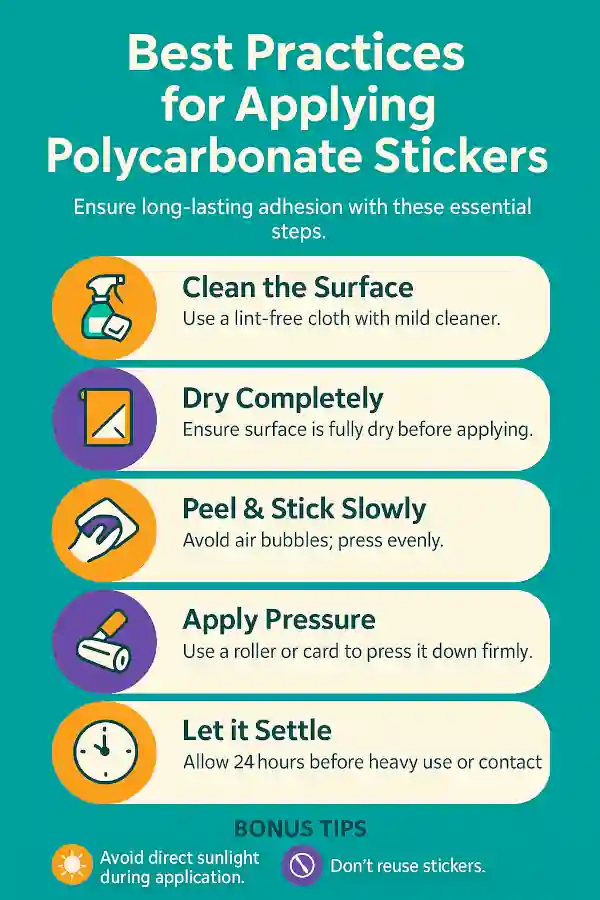
7 Best Practices for Applying Polycarbonate Labels on Any Surface
- Clean the Application Area Thoroughly
Before applying any polycarbonate labels, ensure the surface is clean and dry. Use isopropyl alcohol to remove dirt, oil, and residue. Avoid soap-based cleaners as they may leave behind unwanted films. - Choose the Right PC Sticker for the Surface
Not all PC stickers are made the same. Select labels with adhesive backing suitable for the surface type—metal, glass, plastic, or powder-coated materials. Check compatibility before application. - Align the Label Carefully
Once the surface is clean, peel off a small portion of the backing. Align the label without touching the adhesive area. This ensures accurate positioning without trapping air bubbles. - Apply with Firm, Even Pressure
Start from one edge and press the label slowly across the surface. Use a squeegee or a micro fiber cloth to apply even pressure. This helps the polycarbonate label adhere smoothly without creases or trapped air. - Allow Time for Adhesive Bonding
Let the adhesive cure for at least 4 days i.e., 96 hours. Avoid moving or cleaning the sticker during this time. This ensures long-term durability, especially in high-heat or high-moisture environments. - Avoid Extreme Conditions During Application
Don’t apply PC stickers in temperatures below 10°C or above 40°C. Extreme cold or heat can reduce adhesive strength and impact durability. - Final take
Proper surface preparation and application technique are critical to achieving a strong bond. Following these steps will ensure your pc labels remain firmly in place for years to come.
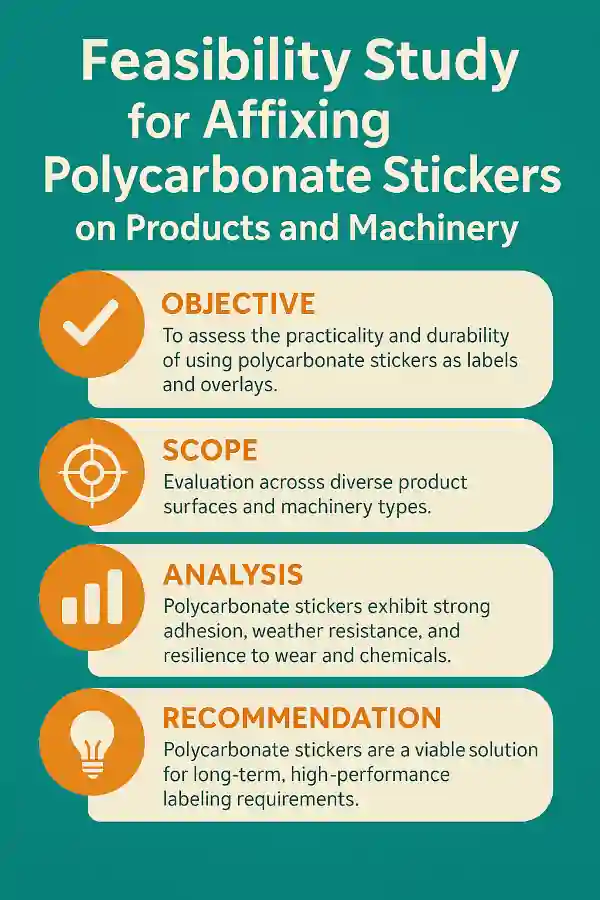
Feasibility Study for Affixing Polycarbonate Stickers on Products and Machinery?
Before applying a polycarbonate sticker on any product or machinery, a proper feasibility study is essential. This process helps ensure the label fits well, stays in place, and performs effectively under operating conditions.
The study involves checking the material surface, temperature range, exposure to chemicals, and environmental conditions. Smooth and clean surfaces like metal, ABS plastic, or powder-coated panels are ideal for long-lasting adhesion. Rough or oily surfaces may require surface treatment or special adhesives.
It’s also important to examine the label’s placement area—whether it includes buttons, curves, or display sections. Proper measurement and layout planning are done to avoid air bubbles, wrinkles, or misalignment.
A trusted polycarbonate sticker manufacturer in Chennai can guide you through this process. With their experience, they can recommend suitable adhesives, finishes, and protective coatings based on your application needs.
Choosing the right approach ensures that your polycarbonate stickers not only look professional but also stand up to wear and tear in industrial or commercial environments. A good feasibility study reduces installation errors and improves label life, making it a crucial step in any labeling project.
Why should you choose us as your polycarbonate labels manufacturer?
Here at Anandha Print Solutions, we guarantee to provide you with high-quality polycarbonate sticker printing that will definitely last for a long period of time. You can also request custom polycarbonate stickers and our team of exceptional creative artists will provide you with trendy and unique artwork according to your needs.
Being a Polycarbonate labels manufacturer in Chennai we offer a wide range of film and a unique set of colors, particularly silver and gold tones. More importantly, we always make sure to follow standard safety protocols while keeping our products and designs of the highest quality.
If you are uncertain about the type of stickers that you should take for your designs and products, don’t worry because our team will provide you with further assistance and help you in picking the most appropriate type of material according to your needs. From the Polycarbonate sheets thickness, size, shape, texture, and finish, you can trust that we will provide you with only the best kind of labels that will match your desired specifications
Get a Quote for Your Polycarbonate Stickers Requirement Today
If you need polycarbonate stickers for your products or machines, you can ask us for a price. We make strong and good-quality stickers that last long and look nice. Just tell us your size, shape, and quantity, and we will share the best quote for your requirement quickly.
Enter Details Below
Contact Details:
Address:
ANANDHA PRINT SOLUTIONS PVT LTD
32/2, First Floor,
Sathanipet 2nd Street,
Adj. Five Furlong Road,
Maduvinkarai, Guindy,
Chennai, Tamil Nadu,
India- 600 032.
Phone:
+91 98409 64267
Email:
info@aprints.in
sales@aprints.in
admin@aprints.in
accounts@aprints.in
design@aprints.in
Geo – Domestic State Supplies
Andhra Pradesh | Arunachal Pradesh | Assam | Bihar | Chhattisgarh | Goa | Gujarat | Haryana | Himachal Pradesh | Jharkhand | Karnataka | Kerala | Madhya Pradesh | Maharashtra | Manipur | Meghalaya | Mizoram | Nagaland | Odisha | Punjab | Rajasthan | Sikkim | Tamil Nadu | Telangana | Tripura | Uttarakhand | Uttar Pradesh | West Bengal
Geo – Domestic City Supplies
Chennai | Mumbai | Kolkatta | Delhi | Bengaluru | Hyderabad | Coimbatore | Thirchy | Madurai| Salem | Erode | Kanyakumari | Thanjavur | Tirunelveli | Vellore | Tiruppur | Kochi | Thiruvananthapuram | Kozhikode | Thrissur | Kollam | Tumkur | Mangalore | Mysore | Udupi | | Davangere | Dharwad | Hubli | Belgaum | Chitradurga | Karwar | Batkal | Visakhapatnam | Vijayawada | Nellore | Sri City (Tada) | Rajahmundry | Ongole | Tirupathi | Kakinada | Amaravathi | Guntur | Anantapur | Kadappa | Ahmedabad | Surat | Vadodra | Rajkot | Bhavnagar | Jamnagar | Jaipur | Jodhpur | Udaipur | Ajmer
International Supplies
Asia- Malaysia | Singapore | Japan | Korea | Thailand | Myanmar | Indonesia | Vietnam | Cambodia | SAARC- Srilanka | Bangladesh | Nepal | Bhutan | Afghanistan | Africa- Algeria | Ethiopia | Ghana | Nigeria | Uganda | Kenya | Tanzania | Uganda | Zambia | Zimbabwe | Egypt | Middle East- UAE | Kuwait | Qatar | Oman | Kingdom of Saudi Arabia | Bahrain | Jordan | Europe- United Kingdom | Germany | France | Switzerland | Italy | Spain | Portugal | Norway | America– United States Of – America | Canada | Mexico | Brazil | Argentina | Greenland | Other Countries – Russia | Australia



